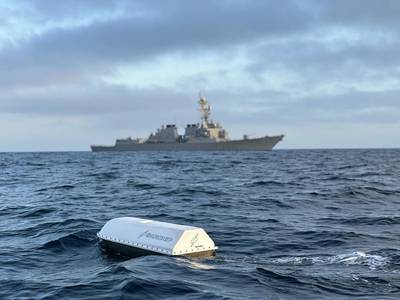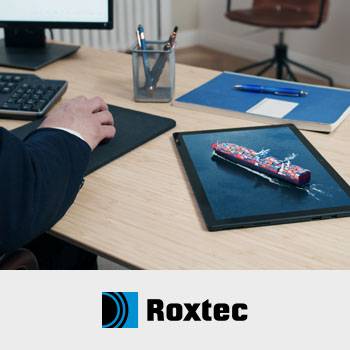Naval Maritime Autonomy Company Raises $55 Million
Saronic, a maritime autonomy company focused on surface vessels, has announced a $55 million Series A funding.
The round was led by Caffeinated Capital, with participation from 8VC, U.S. Innovative Technology Fund, Andreessen Horowitz, Lightspeed Venture Partners, Point72 Ventures, Silent Ventures, Overmatch Ventures, Ensemble VC, and Cubit Capital.
With this raise, Saronic will accelerate research and development while expanding in-house manufacturing capacity for rapid production.
The need for these autonomous surface vessels is clear, says Saronic. To outpace China, America must start building a large fleet of autonomous vessels today. Saronic provides a purpose-built solution for the US and its allies, seamlessly integrating software and hardware to optimize autonomous missions, enhancing the range, capability, and survivability of the naval fleet and the warfighter.
Saronic says it is the only company that can deliver this critical technology, filling a gap where shipbuilders, traditionally focused on manufacturing large naval ships, lack the capacity and expertise, while other vendors provide legacy platforms and struggle with production at scale.
"Saronic is one of the most timely and ambitious companies we have ever partnered with. Its technology will fundamentally transform how the Navy operates over the next century," said Raymond Tonsing, founder and managing partner of Caffeinated Capital, which led the funding round. "We have been astounded by the speed at which this exceptional team has already begun to bridge the technology gap in naval autonomy."
The company is currently developing Spyglass, a six-foot vessel, and Cutlass, a 13-foot vessel, each outfitted with remotely updatable software and capable of carrying diverse payloads in communication-denied and GPS-denied environments. These systems enable real-time, collaborative, and autonomous mission-level decision-making, and are designed to navigate the challenges of maritime environments. Engineered as attritable systems, these vessels offer minimal life-cycle costs and considerable potential for scalability, says Saronic.












